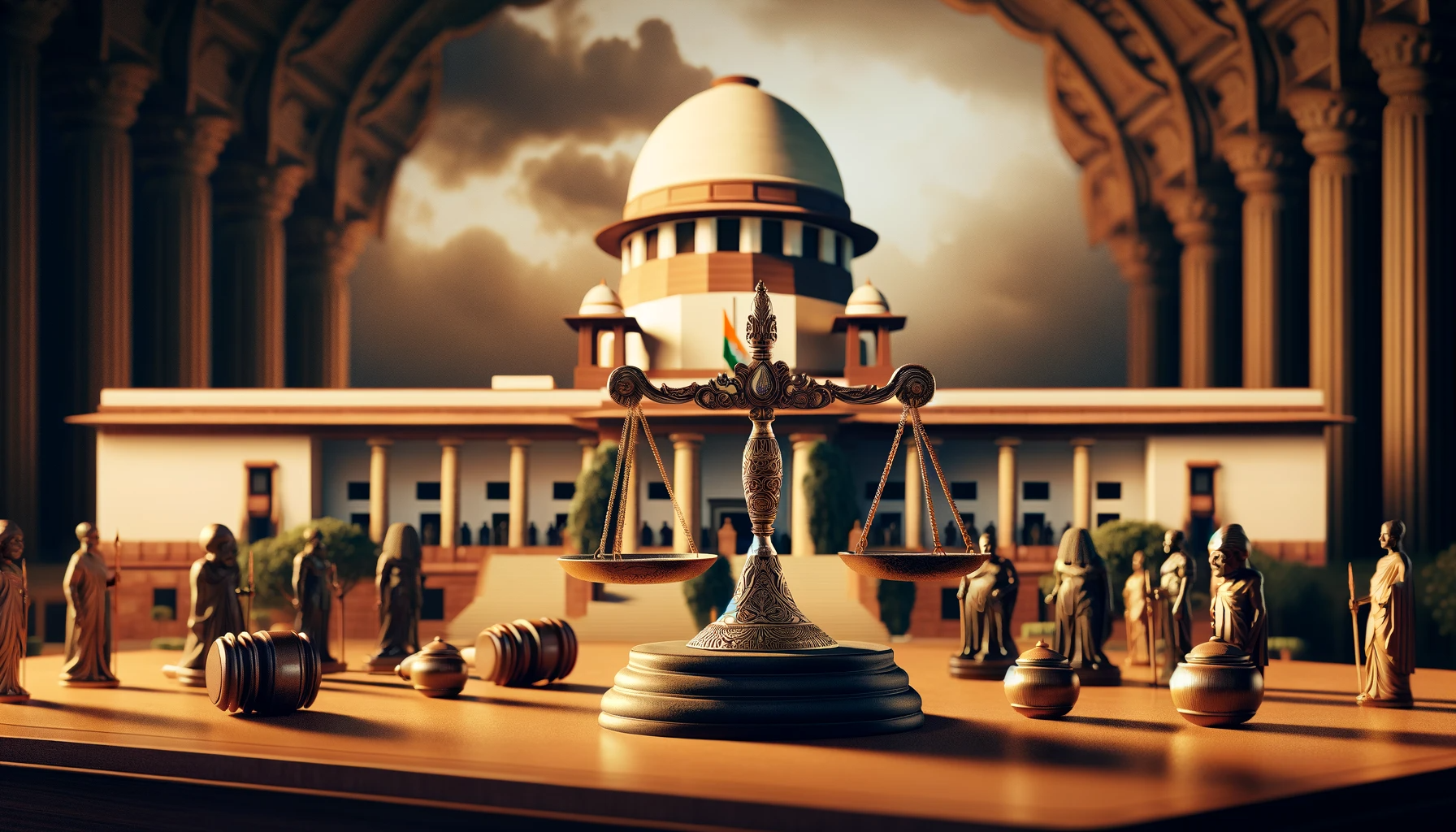The Chief Justice of India: Upholding the Law of the Land
Introduction
The Chief Justice of India (CJI) holds one of the most prestigious and responsible positions in the Indian judiciary. As the head of the Supreme Court of India, the CJI plays a pivotal role in the judicial system, shaping the legal landscape of the country. This article delves into the role, responsibilities, and impact of the Chief Justice of India.
The Role of the Chief Justice
The CJI not only presides over the Supreme Court’s proceedings but also has administrative responsibilities. They play a key role in deciding the roster, allocating cases to different benches, and maintaining the court’s decorum and discipline.
Appointment and Tenure
The Chief Justice of India is appointed by the President of India, usually the senior-most judge of the Supreme Court. The tenure of the CJI is not fixed and lasts until they reach the age of 65, the retirement age for Supreme Court judges.
Milestones in Indian Judiciary
The office of the CJI has seen landmark judgments and decisions that have shaped Indian democracy. From upholding fundamental rights to landmark decisions on environmental issues, the impact of the CJI’s office is profound and far-reaching.
Challenges and Expectations
The CJI faces numerous challenges, including a high number of pending cases and the need to maintain judicial independence. The expectations from this office are immense, as it is seen as a beacon of justice and fairness.
Recent CJIs and Their Contributions
The article can briefly mention recent Chief Justices and their notable contributions or landmark judgments, illustrating the diverse challenges and achievements of their tenures.
Conclusion
The Chief Justice of India is more than a title; it is a responsibility towards upholding the Constitution and the rights of the citizens. As the judicial system evolves, the role of the CJI remains crucial in navigating the complex landscape of law and justice in India.






